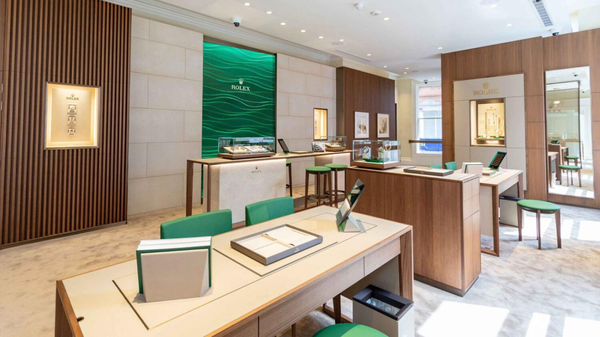How the Japanese Tea Ceremony Can Teach You Patience and Peace
The Japanese tea ceremony is a 400-year-old secret to patience and peace—rewiring your mind to embrace slowness, focus, and presence.

Let’s be honest. You’re impatient.
We all are. You check your phone every few minutes, speed through meals, double-tap, scroll, and refresh, constantly searching for something more, but never truly satisfied.
Now, imagine an ancient practice so powerful that it can slow your racing thoughts, sharpen your focus, and teach you the kind of deep patience and peace that monks and warriors spent lifetimes trying to master.
The Japanese tea ceremony isn’t just about tea. It’s a radical lesson in presence, a 400-year-old secret to navigating life with grace and control. And if you think this is just another “slow down and breathe” piece, think again. What you’re about to discover will challenge everything you know about time, success, and stress.
The Japanese tea ceremony, or chanoyu, is a profound cultural practice rooted in Zen Buddhism and the philosophy of wabi-sabi, which finds beauty in imperfection and transience.
Historically, the tea ceremony was formalised in the 16th century by Sen no Rikyū, a tea master who emphasised simplicity, humility, and mindfulness. His teachings transformed the ceremony into a spiritual exercise, one that even samurai warriors adopted to cultivate mental clarity and emotional control before battle.

According to The Book of Tea by Kakuzō Okakura, the tea ceremony is "a worship of the imperfect, a tender attempt to accomplish something possible in this impossible thing we know as life."
This philosophy resonates deeply in today’s world, where perfectionism and haste often lead to stress and dissatisfaction. Modern studies on mindfulness, such as those published in the Journal of Clinical Psychology, support the benefits of slow, intentional practices like the tea ceremony, showing they can reduce anxiety and improve focus.
By integrating these historical and scientific insights, the tea ceremony becomes not just a cultural curiosity but a timeless tool for navigating the chaos of modern life.
Picture this: a quiet room. A host moves with precise, deliberate gestures. A silk cloth is folded methodically, and a bamboo whisk swirls matcha into a smooth, green froth. There is no rush. Every movement is intentional, and every moment is honoured.

At first, your modern mind rebels. Why is this taking so long? you wonder. Just pour the tea already.
And that’s exactly the point.
In a world where everything is designed for speed, express checkouts, 5G internet, and 30-second videos, the tea ceremony forces you into a different rhythm. one where waiting isn’t suffering, slowness isn’t inefficiency, and presence isn’t optional.
This isn’t just about making tea. It’s about retraining your mind.
This practice isn’t new-age mindfulness. It was once a secret weapon of the samurai.
Before stepping onto the battlefield, warriors practiced chanoyu (the way of tea) to sharpen their focus, control their emotions, and prepare for life-or-death combat. The ritual wasn’t a break from reality; it was mental conditioning. A way to train their minds to stay calm under pressure, to embrace imperfection (wabi-sabi), and to accept each moment without resistance.

If a tea ritual could prepare warriors for battle, imagine what it could do for the everyday stresses of modern life.
You don’t need a traditional tea room or a hand-carved bamboo whisk to reap the benefits of chanoyu. You just need to start treating ordinary moments, drinking coffee, waiting in traffic, standing in line, as opportunities to train your patience.
- Make waiting a habit, not a hassle. The next time you're in a long queue, resist the urge to pull out your phone. Just breathe. Observe.
- Slow down one everyday activity. Eat without distractions. Walk without rushing. Notice what changes.
- Find beauty in imperfection. That chipped coffee mug? That aging book? That "wasted" afternoon? They’re all lessons in wabi-sabi—the art of appreciating life as it is.
Patience isn’t just a virtue; it’s a skill. A weapon. A superpower. And like any skill, it takes practice.
In a world that glorifies speed and efficiency, chanoyu challenges us to embrace slowness as a form of strength and imperfection as a source of beauty. It teaches us that patience isn’t passive; it’s a skill we can hone, a weapon we can wield against the stresses of daily life.
So, the next time you feel the urge to rush, pause. Whether you’re sipping tea, waiting in line, or simply breathing, remember the lessons of the samurai: True power lies in calmness, and true peace is found in the present moment. Are you ready to slow down and reclaim your time, one mindful sip at a time?






